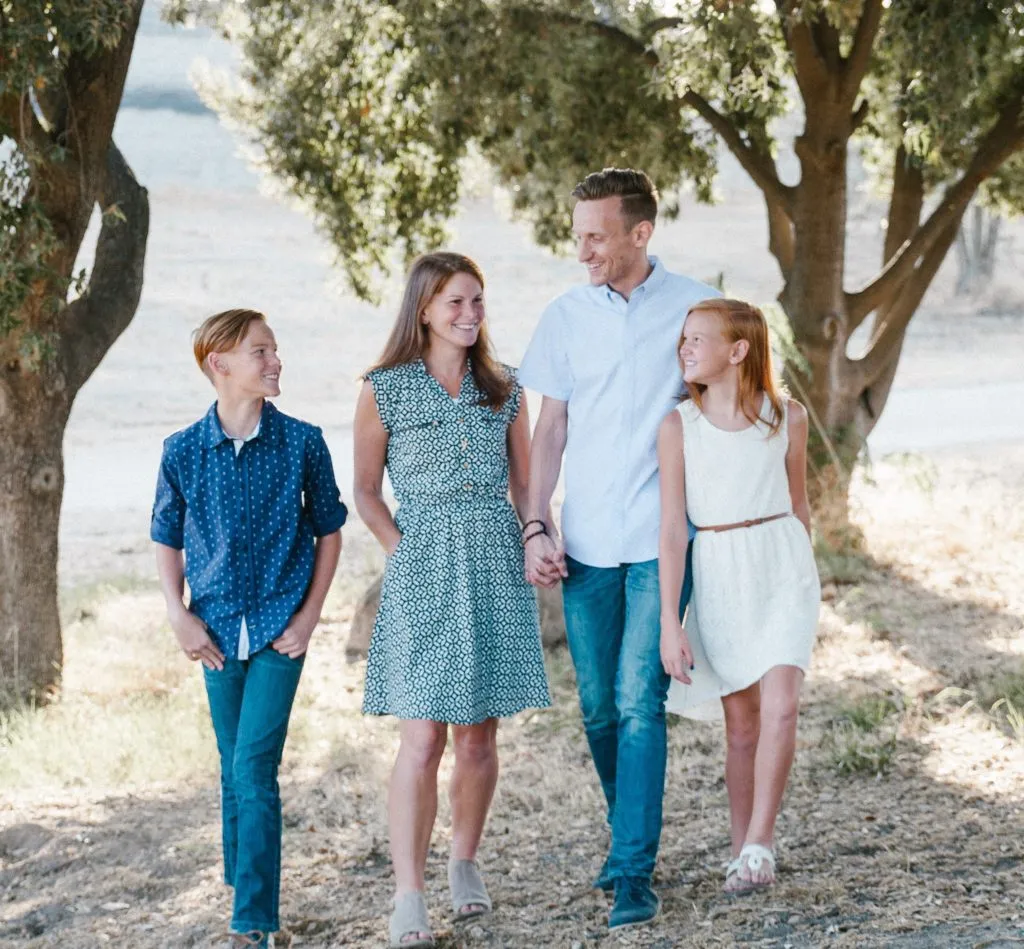


Family dynamics are complex and multifaceted, often marked by a tapestry of joy, love, and shared experiences. However, the same intricate weave can also harbor conflicts, misunderstandings, and unresolved issues. In the realm of family therapy, the art of reconciliation takes center stage, offering a transformative path toward unity and healing. This article delves into the crucial aspects of family therapy that contribute to fostering reconciliation and rebuilding familial bonds.
Family therapy, also known as systemic therapy, is an approach that acknowledges the interconnectedness of family members and views the family as a whole unit rather than focusing solely on individual members. It operates on the premise that issues affecting one family member can have ripple effects on the entire family system. Therapists work collaboratively with families to identify and address communication breakdowns, dysfunctional patterns, and unresolved conflicts.
The first step in the art of reconciliation is identifying the root causes of discord within the family. Family therapists create a safe space for open communication, allowing each member to express their thoughts, feelings, and concerns without judgment. By delving into the past, therapists help uncover underlying issues that may contribute to current conflicts, creating a foundation for healing.
Effective communication is at the heart of family therapy. Therapists guide families in developing healthy communication strategies, emphasizing active listening, empathy, and assertiveness. By fostering an environment where each family member feels heard and understood, the groundwork for reconciliation is laid. Learning to express emotions constructively and resolving conflicts through dialogue becomes essential for rebuilding trust and unity.
Family therapists work towards restructuring family dynamics by challenging unhealthy patterns and introducing new, constructive behaviors. This may involve setting boundaries, redefining roles, and establishing shared goals for the family unit. Through this restructuring process, family members gain insights into their roles within the family system, paving the way for positive change.
Many families seeking reconciliation in therapy have experienced trauma, whether it be from external events or internal conflicts. Family therapists employ trauma-informed approaches to address these wounds delicately. Through a combination of individual and collective healing, families can begin the journey toward forgiveness and understanding.
Empathy plays a pivotal role in the reconciliation process. Family therapists guide members in understanding each other's perspectives and fostering compassion. By cultivating empathy, family members can develop a deeper appreciation for the challenges faced by others, leading to increased mutual respect and a stronger sense of unity.
Forgiveness is a powerful catalyst for reconciliation within families. Family therapists facilitate discussions around forgiveness, acknowledging its importance in letting go of resentment and rebuilding relationships. Through forgiveness, families can move beyond past grievances and embrace a shared vision for the future.
The art of reconciliation is not a linear process but a journey marked by setbacks and progress. Family therapists emphasize the importance of building resilience within the family unit. Resilience enables families to navigate challenges more effectively, bounce back from adversity, and sustain the gains achieved through therapy.
The art of reconciliation through family therapy is a nuanced and transformative process that requires commitment, openness, and a willingness to change. By addressing root causes, restructuring dynamics, and cultivating empathy and forgiveness, families can embark on a path toward unity and healing. Family therapists serve as guides in this journey, empowering families to navigate the complexities of their relationships and emerge stronger, more connected, and resilient.